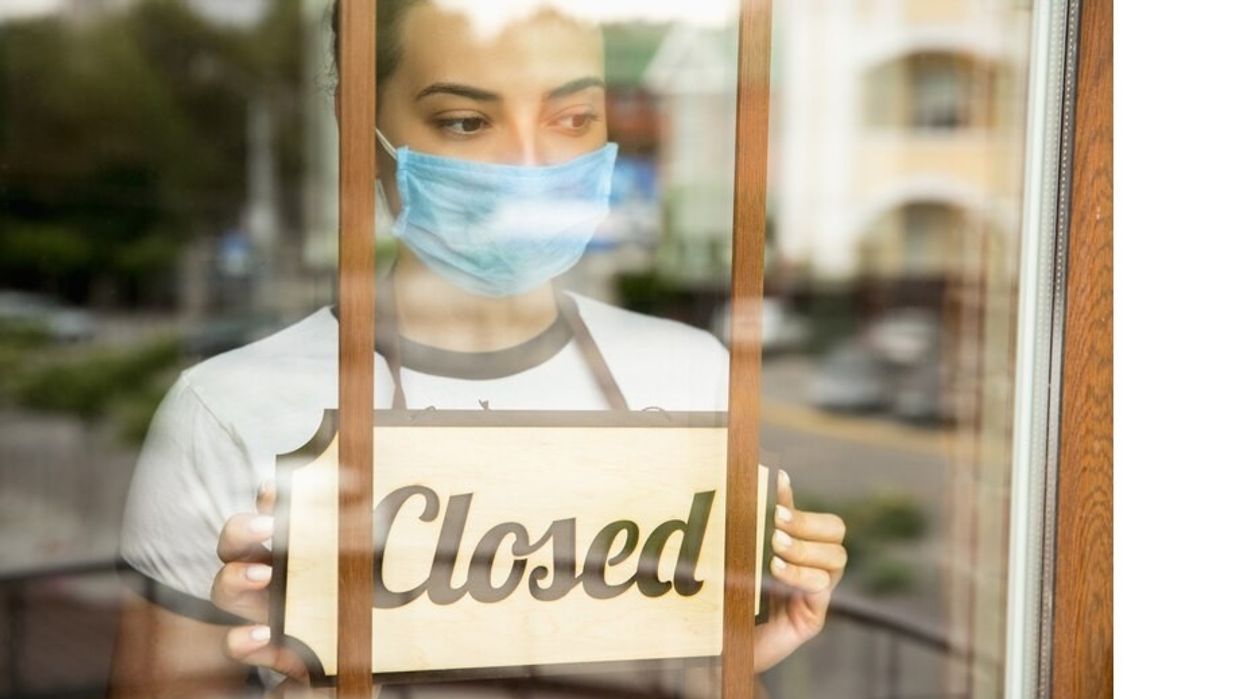The NPA has warned that pharmacy closures will ‘pile pressure on GP surgeries’
“If the next government wants to cut GP waiting times – and free up GPs to see patients with more serious conditions – it needs to invest in community pharmacy,” said Paul Rees, Chief Executive of the National Pharmacy Association (NPA).
His remarks follow a recent poll revealing that nearly one in five voters have seen the closure of a local pharmacy in the last 12 months.
The public polling, commissioned by the NPA, was conducted by You Gov between 18 and 19 June.
According to the online survey, 79 per cent of respondents had visited their pharmacy at least once in the last year.
Concerningly, 18 per cent of respondents reported that at least one local pharmacy had shut in the last 12 months, with 6 per cent reporting that more than one had closed in their area.
Furthermore, 13 per cent reported that their local pharmacy had reduced its operating hours over the last year.
As many as 83 per cent expressed concern about the potential closure of their local pharmacy, with concern particularly high among older demographics: 88 per cent of those over 65 were worried, compared to 77 per cent of 18-24-year-olds.
The NPA has warned that pharmacy closures will ‘pile pressure on GP surgeries.’
Last week, Shadow Health Secretary Wes Streeting stated that the GP system is ‘on the brink of collapse’.
Paul said: “1.6 m people a day visit their pharmacy but they are closing at a record rate, and millions of people are seeing the effect of that in their communities.
“Politicians have been clear this general election campaign what a struggle it is for many people to see their GP currently, but as community pharmacies continue to shut, people wanting medical care for minor ailments will be forced to turn to their GP instead.
“We must do all we can to address the continuing crisis engulfing pharmacies, which is forcing alarming numbers to close or reduce their opening hours, as this polling reveals.
“It is also, in part, driving the current medicines shortages crisis.”
The Association has urged the incoming government to address the funding crisis that has pushed community pharmacies to the brink, with an average of 10 pharmacies closing each week so far this year.
Previous analysis by the NPA found that nearly two-thirds of pharmacies in England (63 per cent) have been forced to reduce their opening hours since 2015 due to extreme funding pressures.
On average, each pharmacy has cut its opening hours by 6.1 hours, equating to a 10 per cent reduction.
Community pharmacies, which rely on the NHS for over 90 per cent of their work, have seen their funding reduced by 40 per cent in real terms since 2015, according to the NPA.
“Historically, pharmacies in England received 2.5 per cent of the NHS’s overall budget, but this has now been slashed to 1.6 per cent,” it noted.
This, combined with the rising costs of dispensing medicine, has led to the closure of 1,400 pharmacies in England, with additional closures in Wales and Northern Ireland, and has compelled many pharmacies to reduce their opening hours since 2015.
Two weeks ago, approximately 6,000 community pharmacies participated in a national day of action, organised by the National Pharmacy Association (NPA), as part of its #saveourpharmacies campaign.
Participating pharmacies showed their protest through various actions like turning off their lights, blacking out their windows, and wearing black for the day.
“Community pharmacy owners cannot strike due to contractual obligations, but many wanted to make clear the scale of challenges they are currently facing,” the NPA stated.













